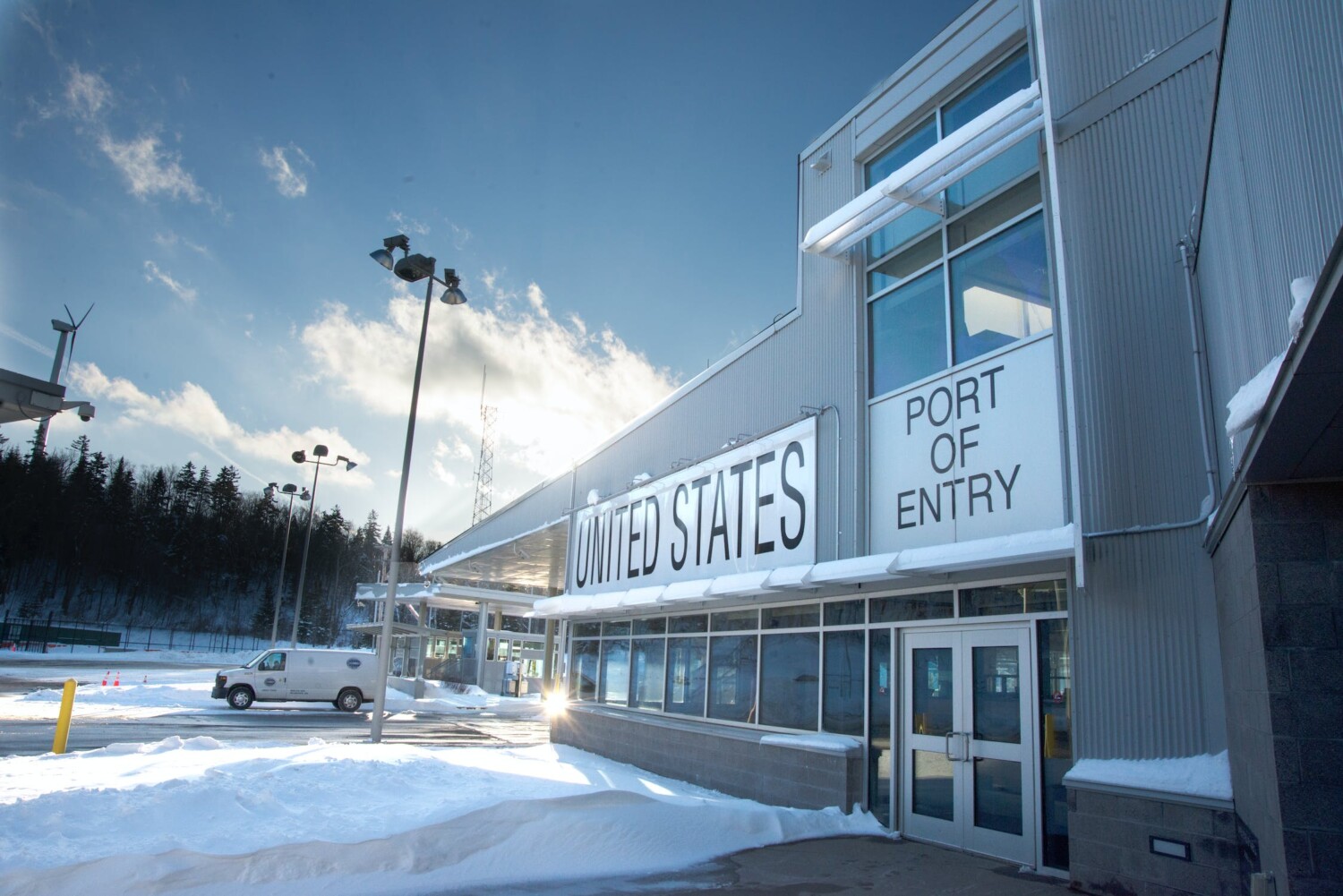Planning an international vacation is an exciting endeavor, but the journey to securing a tourist visa can sometimes be daunting. Visa application processes vary from country to country, and there are numerous factors that can influence whether your application will be approved or denied. To ensure a smooth visa application process, it’s important to understand the common reasons for tourist visa denials and take proactive steps to avoid them.
Here are some frequent errors applicants make that could result in rejection before you submit your application for a travel visa. You can prevent them later on by being familiar with these causes of denial today.
1. Incomplete Documentation
One of the most common reasons for visa denials is incomplete or inaccurate documentation. Make sure to carefully read and follow the requirements specified by the embassy or consulate. Double-check your application forms, passports, photographs, and supporting documents to ensure they are complete and accurate.
2. Insufficient Financial Proof
Embassies want to ensure that you have the financial means to cover your travel expenses. If your financial documents, such as bank statements, show insufficient funds for your trip, your application might be denied. Provide clear evidence of your financial stability and the ability to support yourself during your stay. The government will demand proof that you have enough money to pay for every item associated with your trip, including transportation, lodging, and any additional charges that might occur while you’re away.
3. Lack of Travel Itinerary
A vague or incomplete travel itinerary can raise suspicions about the purpose of your visit. Provide a detailed plan that includes your accommodation details, sightseeing activities, and transportation arrangements. This shows that you have legitimate travel intentions. Visa officials also want to know why you are visiting the United States, where you will be staying while there, and how long you want to stay there. Gather your trip information before applying because failure to do so could lead to rejection.
4. Inadequate Ties to Home Country
Embassies want to ensure that you have strong ties to your home country that will compel you to return after your trip. Lack of ties, such as a stable job, family, property ownership, or educational commitments, can lead to visa denials. Clearly demonstrate your ties to your home country in your application. You are more likely to be rejected if you can’t persuade the concerned immigration officer that you’ll return home after your visa expires. For confidence while applying, educate yourself on how to demonstrate your close ties to your nation of origin.
5. Inconsistent Information
Any inconsistencies in the information you provide can be a red flag for embassy officials. Make sure that the information in your application, supporting documents, and interviews align perfectly. Inconsistencies can be seen as attempts to deceive and may result in a visa denial.
6. Criminal Record
If you have a criminal record, even for a minor offense, it can significantly impact your chances of getting a tourist visa. Embassies often conduct background checks, and a criminal record may lead to a denial on grounds of potential risk. Even though not all offences result in automatic inadmissibility, it may be more challenging to overcome a criminal record when applying.
7. Lack of Travel Insurance
While not mandatory for all countries, having travel insurance can greatly enhance your application’s credibility. It shows that you are prepared for unexpected situations and won’t become a burden on the host country’s healthcare system.
8. Applying Too Early or Too Late
Timing matters when it comes to visa applications. Applying too early might raise questions about the legitimacy of your travel plans while applying too late might not leave enough time for processing. Research the ideal timeframe for applying and submit your application accordingly.
9. Overstaying Previous Visits
If you have a history of overstaying previous visas, this could negatively impact your current application. Always respect the rules and regulations of the countries you visit, and make sure to depart before your authorized stay expires.
10. Failing to Demonstrate Genuine Intentions
Perhaps the most important aspect of your visa application is proving your genuine intention to return to your home country after your trip. This can be achieved by showcasing your ties, providing a clear itinerary, and maintaining consistent and truthful information throughout the process.
conclusion
obtaining a tourist visa requires careful preparation and attention to detail. By avoiding these common reasons for visa denials, you can greatly enhance your chances of a successful application. Remember to research the specific requirements of the country you plan to visit and don’t hesitate to seek professional advice if you’re unsure about any aspect of the application process. With the right approach, you’ll be one step closer to embarking on your dream vacation.
